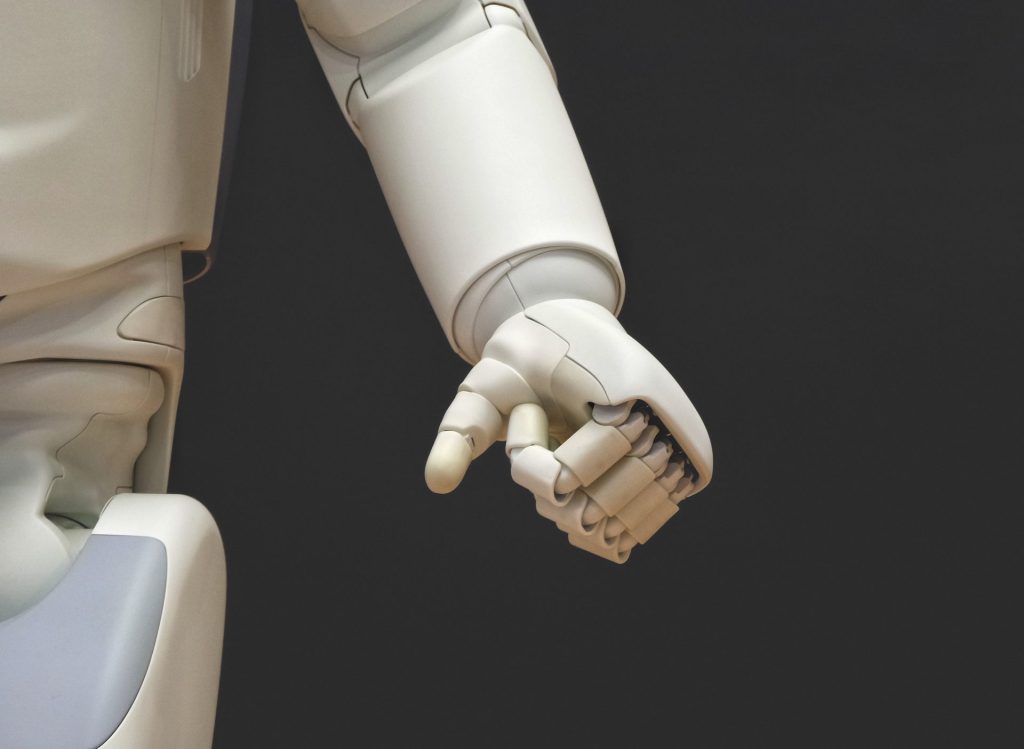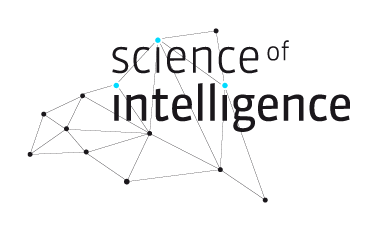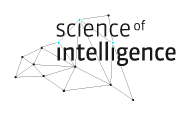
Principal Investigators:
Oliver Brock
Pia Bideau (Postdoctoral Researcher, co-PI)
Team Members:
Vito Mengers (Doctoral researcher)
A Candidate for a Principle of Intelligence
Research Unit 2, SCIoI Project 35
Intelligent behavior arises when high dimensional sensor inputs are processed and translated to suitable actions. Animals and other living beings are equipped with many sensors, such as for example eyes, ears or skin with its receptors for sensation. Using these sensors, they are able to collect a vast amount of information. To perform intelligent behavior it is not sufficient to only collect this raw information; in addition, perceived information has to be processed and coupled with action generation.
In robotics, Bayes filters are widely used tools that allow an integration of action (controls) and perception (observations). They have shown to be excellent for extracting task relevant state information from high dimensional sensor data over time. Work on differentiable Bayes filters [Differentiable Particle Filters: End-to-End Learning with Algorithmic Priors, Jonschkowski, 2018] additionally opens the possibility of directly linking state estimation and action generation.
In this project, we propose a structure of differentiable interconnected Bayes filter as a candidate principle of intelligence. If this candidate indeed represents a principle of intelligence, it should be possible to apply it to a variety of intelligent behaviors. Thus, the objective of this project is to validate the candidate principle in the context of a broader range of behaviors such as the ones studied in RU1. To do so, we are interacting with several ongoing projects from RU1, covering individual, social, and collective intelligence, to see if the computational pattern can contribute to explaining the studied behavior in these projects.

